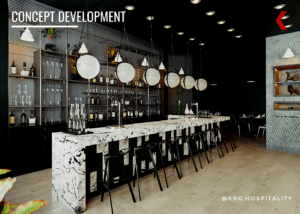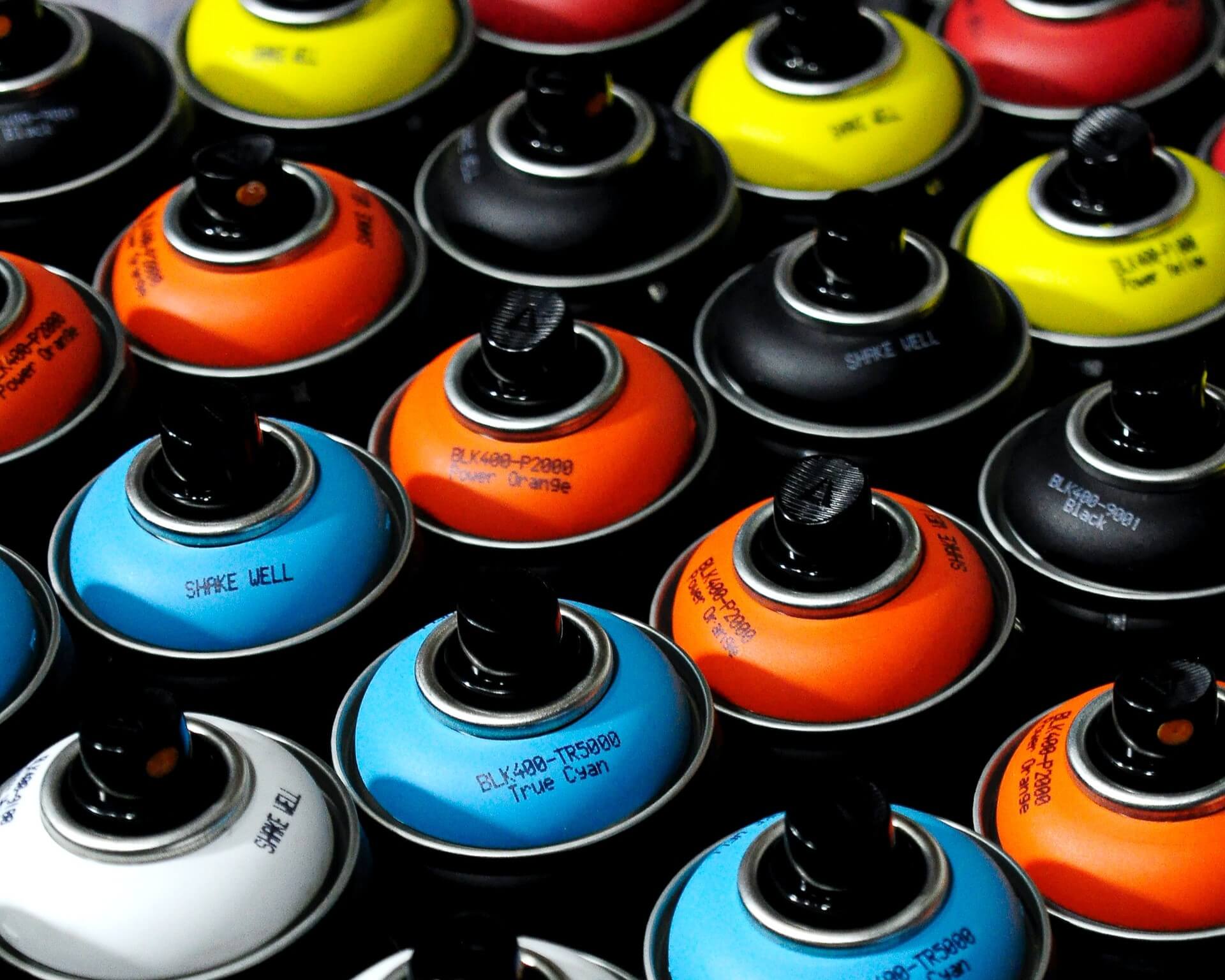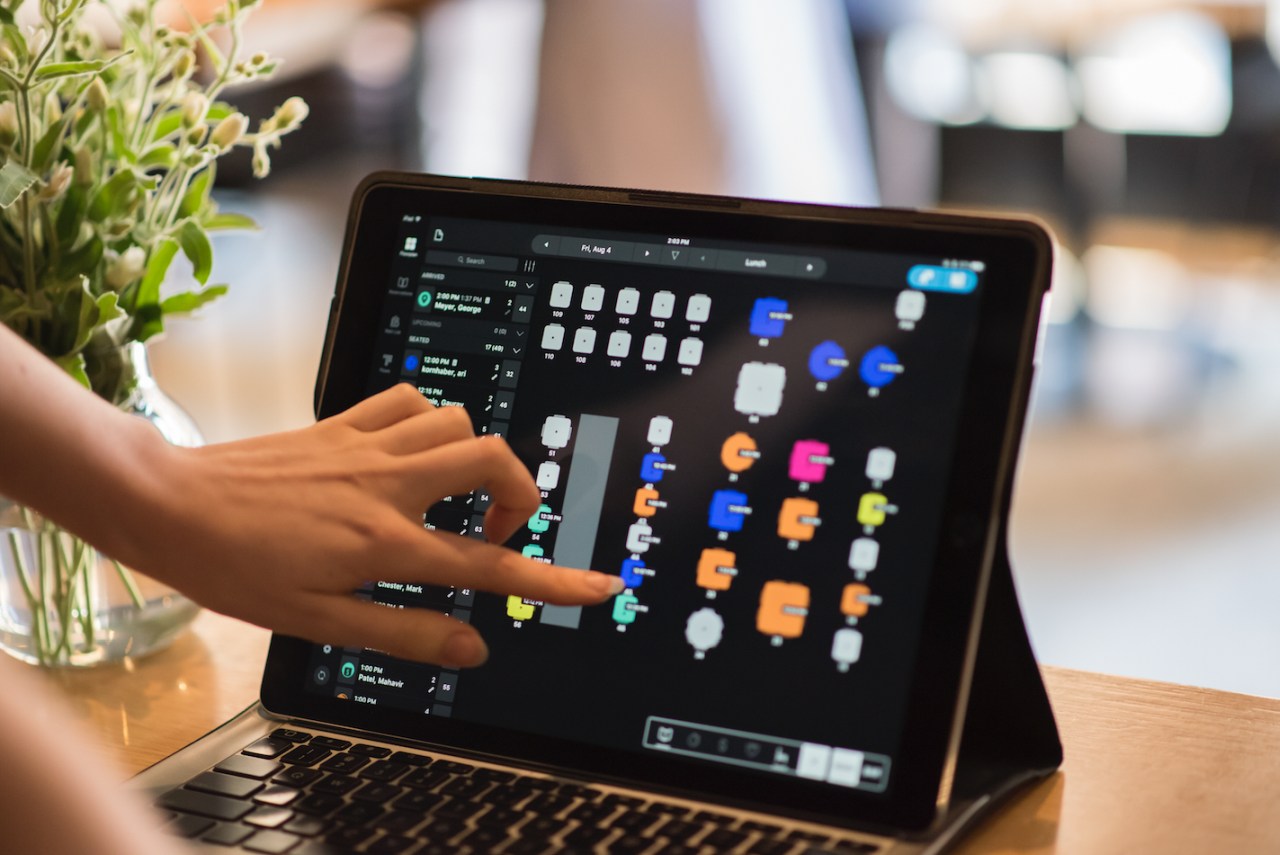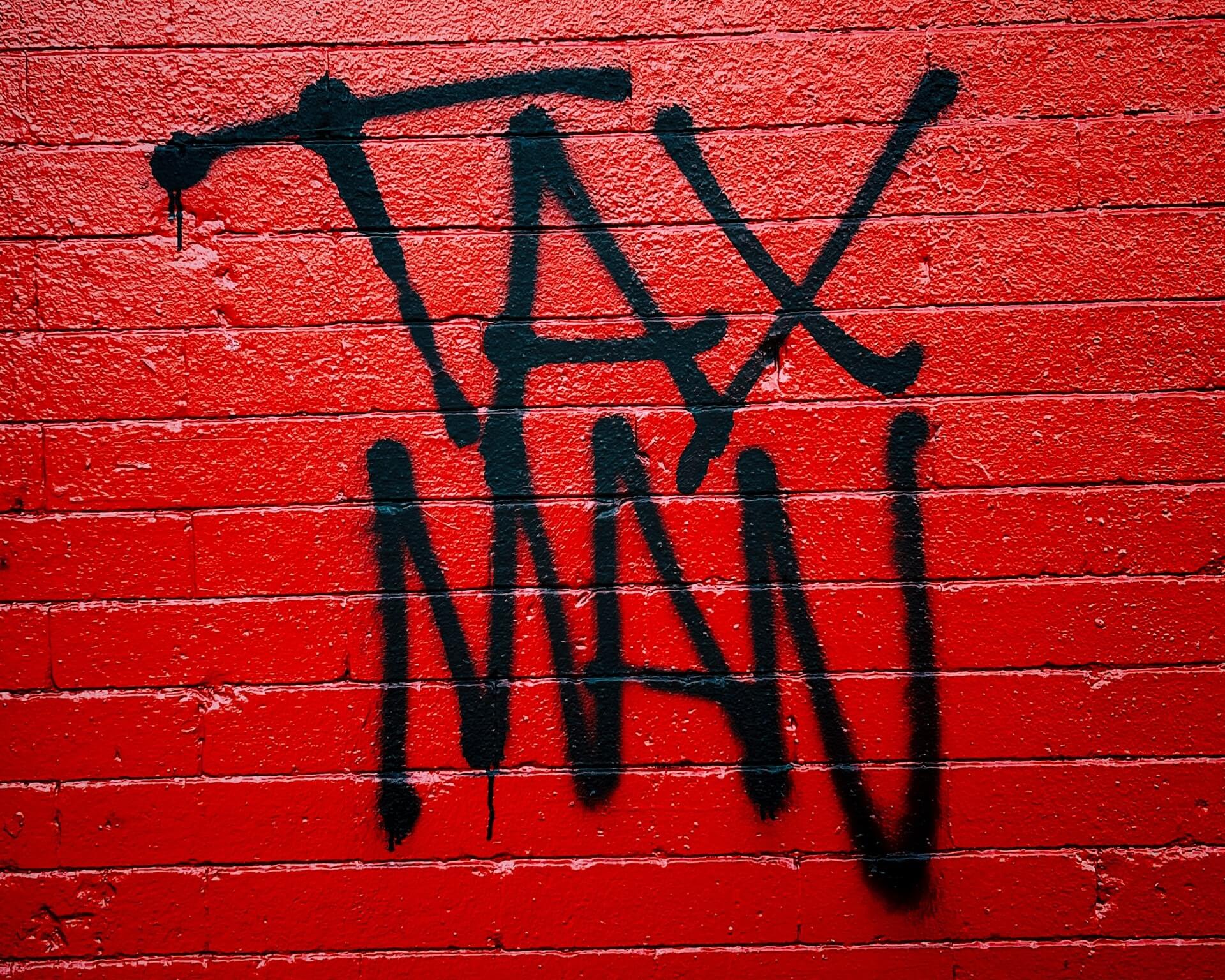The New Wave of Plant-based Foods
by David Klemt
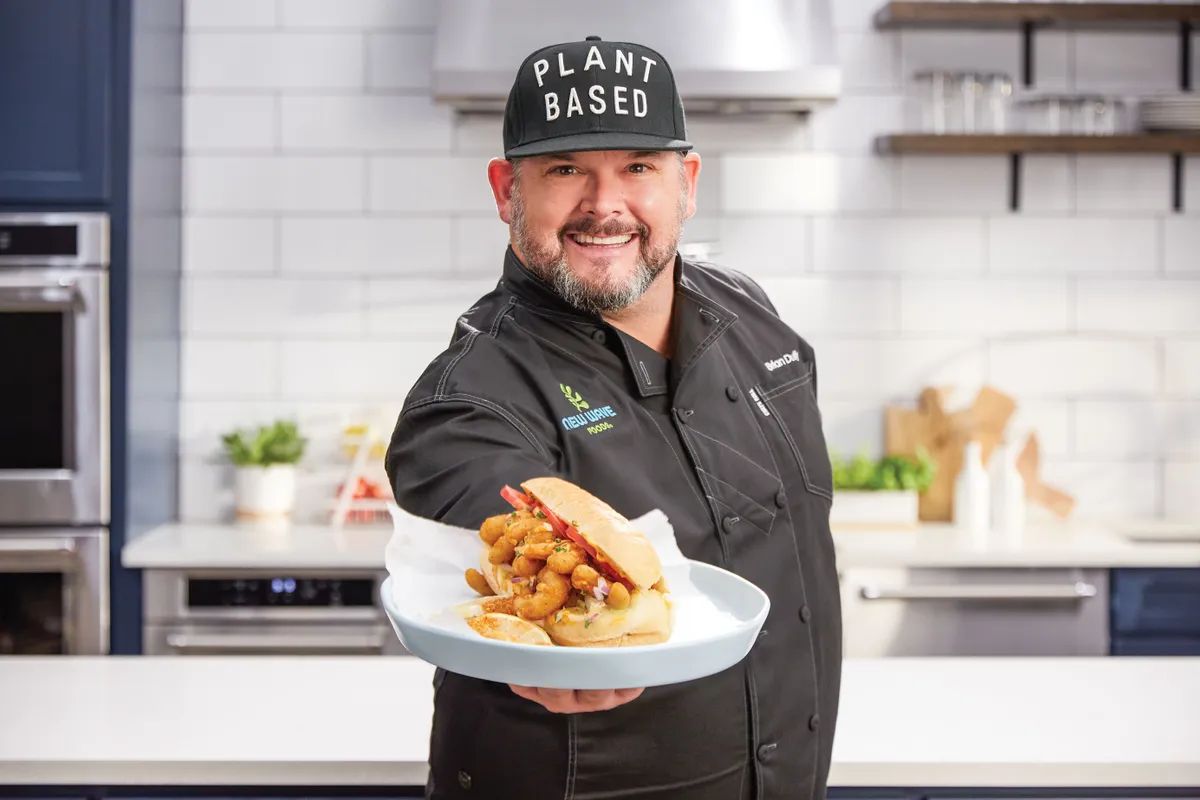
A key takeaway from the 2023 National Restaurant Association Show is this: a new wave of plant-based foods has made landfall.
In fact, given how many booths had plant-based items on offer, more waves will be crashing ashore. Plant-based items had a presence inside every building at McCormick Place in Chicago. For those who haven’t attended to show, McCormick Place has well more than two-million square feet in exhibit space.
There were, of course, the plant-based standards to which we’ve all grown accustomed. Burger patties, breakfast sausages, “chicken” nuggets, “pepperoni” pizzas… However, we now know there’s more innovation on the way.
Years ago, F&B experts declared seafood alternatives as the “holy grail” of plant-based foods. The race has been on to “crack the code” and offer seafood alternatives that look, cook, and taste like their animal counterparts.
One brand that appears to have reached their goal? New Wave Foods. And their staunchest culinary supporter? The revered and iconic Chef Brian Duffy.
Seismic but Sensible Shift
Those who are familiar with Chef Duffy know he’s unafraid to share his views on all things culinary, service, operations, and hospitality. The same people also know that he’s demanding when it comes to ingredients, distributors, and partners.
I say that to say this: Some people are shocked Chef Duffy is championing a plant-based food. However, I don’t share that reaction. Chef Duffy has never been anti-plant-based—he has been waiting for plant-based items to rise to his high standards.
During his 2023 NRA Show demo, the acclaimed and in-demand chef made shrimp-fried rice. Of course, he replaced shrimp with a plant-based alternative produced using mung bean and seaweed. That product is New Wave Foods Shrimp.
The demo proved so engaging that Chef Duffy was asked to repeat it on the final day of the show. I, for one, am not surprised—Chef Duffy is an incredible speaker and chef.
This seismic shift—not just in Chef Duffy’s embrace of plant-based foods but also throughout the industry—is sensible when you consider something said during the demo.
Boiling it down to the basics, Chef Duffy asked why operators wouldn’t want to offer high-quality plant-based items to their guests. It’s simple: Increasingly, this is what guests want. So…give it to them.
Succeeding with Plant-based
According to a 2020 Datassential report, nearly two-thirds of operators have shrimp on their menus. Further, two-thirds of operators have at least expressed an interest in offering more plant-based alternatives.
And why wouldn’t they want to do so? It’s simple business: fulfill consumer demands and desires. If people want something and it’s feasible for a business owner to offer it, that’s good business.
However, it goes beyond just business for Chef Duffy. Taking things further, he believes that culinary professionals and operators have a responsibility to their guests.
There’s a responsibility to learn about what’s new and educate kitchen staff. A responsibility to help guests eat healthier. And absolutely a responsibility to innovate. As Chef Duffy said during his 2023 Bar & Restaurant Expo live menu read, operators can only justify charging premium prices if they’re truly innovating in the kitchen.
Diving deeper, meeting guest demands for plant-based foods fulfills a financial responsibility. If an operator has partners or investors, they need to meet their expectations. Equally as important, failing to innovate or keep up with guest demands puts the business at risk, therefore risking the livelihoods and career progression of staff.
Brands like New Wave Foods are sourcing their ingredients ethically and sustainably. Another brand, Meati, is using mushroom root sustainably. Additionally, New Wave Foods Shrimp is cholesterol-free, is free from shellfish allergens, and is kosher. Meati, a complete protein, is also cholesterol-free and is also free from nine major allergens
I also came across a whole-cut steak alternative called Chunk that tasted like beef. Interestingly, there was also a plant-based egg alternative that allows for the social-media-famous yolk poke, YoEgg.
Own the Operator Responsibility
An operator doesn’t have to be vegetarian or vegan to appreciate the plant-based movement. They don’t even have to be interested in a plant-based diet.
All an operator needs to understand this shift in consumer behavior—between 60 and 70 percent of US households are having at least one plant-based meal per week—is their responsibility to their guests and teams.
If offering plant-based options is viable for an operator (in most cases, it is), it’s good business to do so. Stubbornly refusing to offer guests what they want flies in the face of hospitality and service.
Offering plant-based options doesn’t suddenly make a concept a vegetarian or vegan brand. Chef Duffy puts one or two of his famous “dippy” eggs on his plant-based shrimp fried rice. He also cooks the dish with butter. It’s decidedly not a vegan dish.
To that point, Chef Duffy doesn’t dedicate menu sections to vegetarian or vegan diets. As he explains, doing so is a self-imposed limitation, and likely a mistake.
Targeting vegans means attempting to succeed with a very small (for now) pool of consumers. Attempting to appeal to vegetarians means targeting a larger base but still, it’s limiting.
Instead, operators can simply make it known a plant-based alternative is available for a given dish. Simple, to the point, and appeals to the greatest number of guests.
Succeeding with plant-based foods has never been easier. By the time the next plant-based wave surges, it will be even easier. Operators have very few excuses remaining for refusing to participate in the movement.
Image: New Wave Foods

